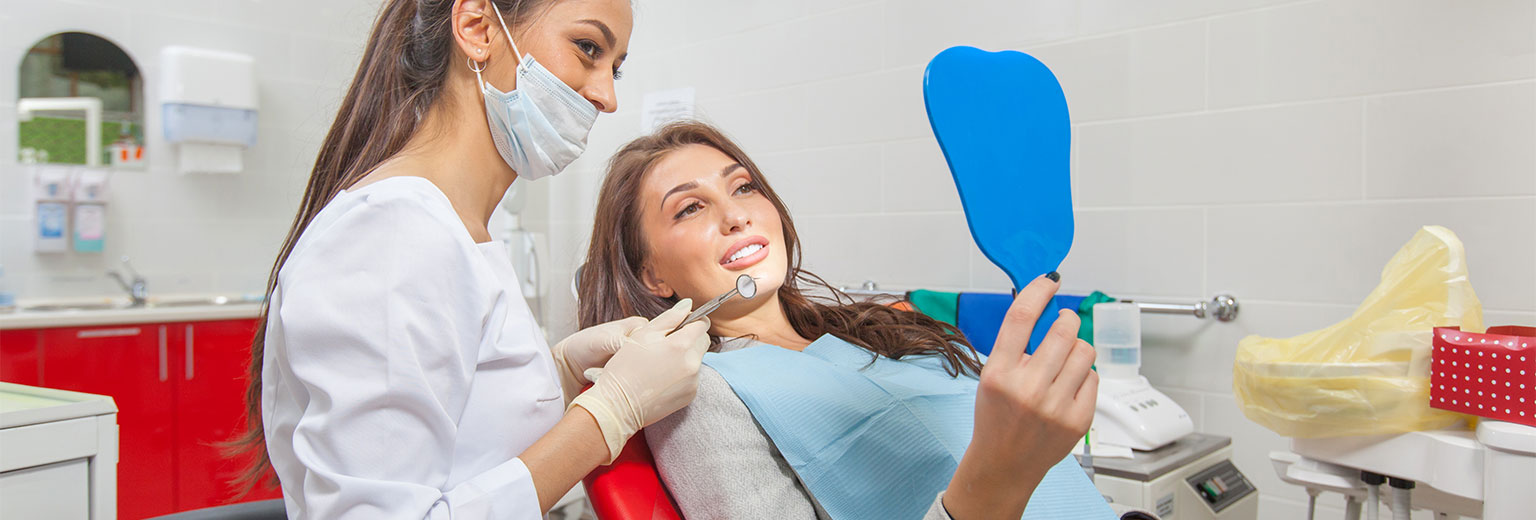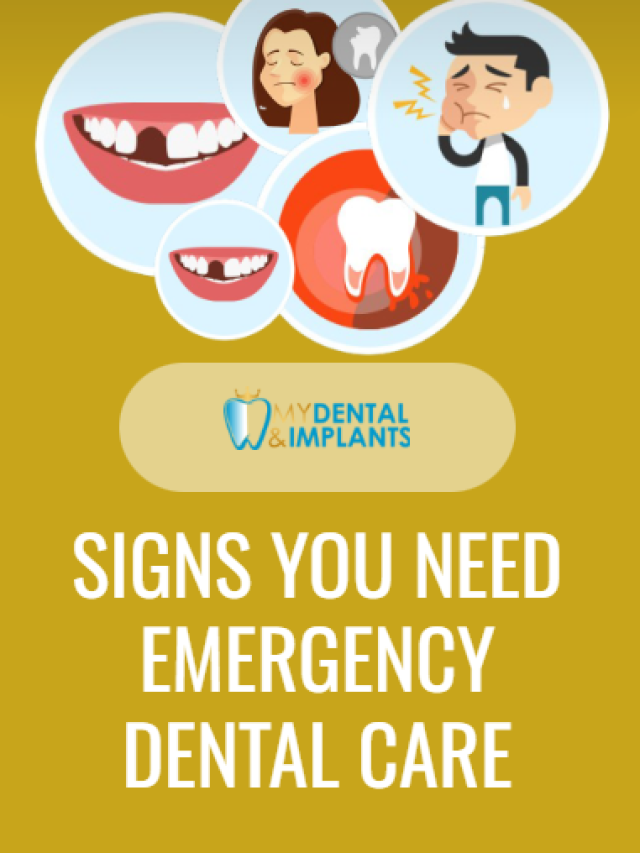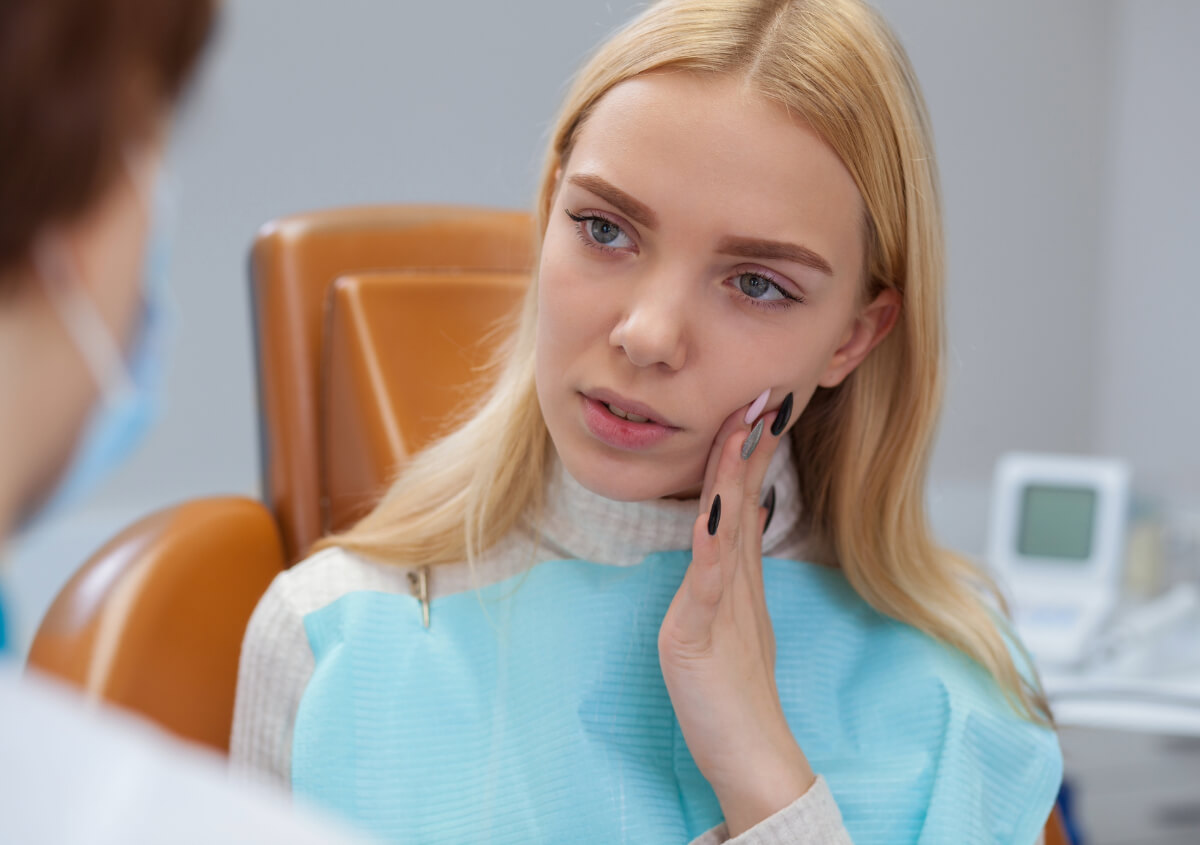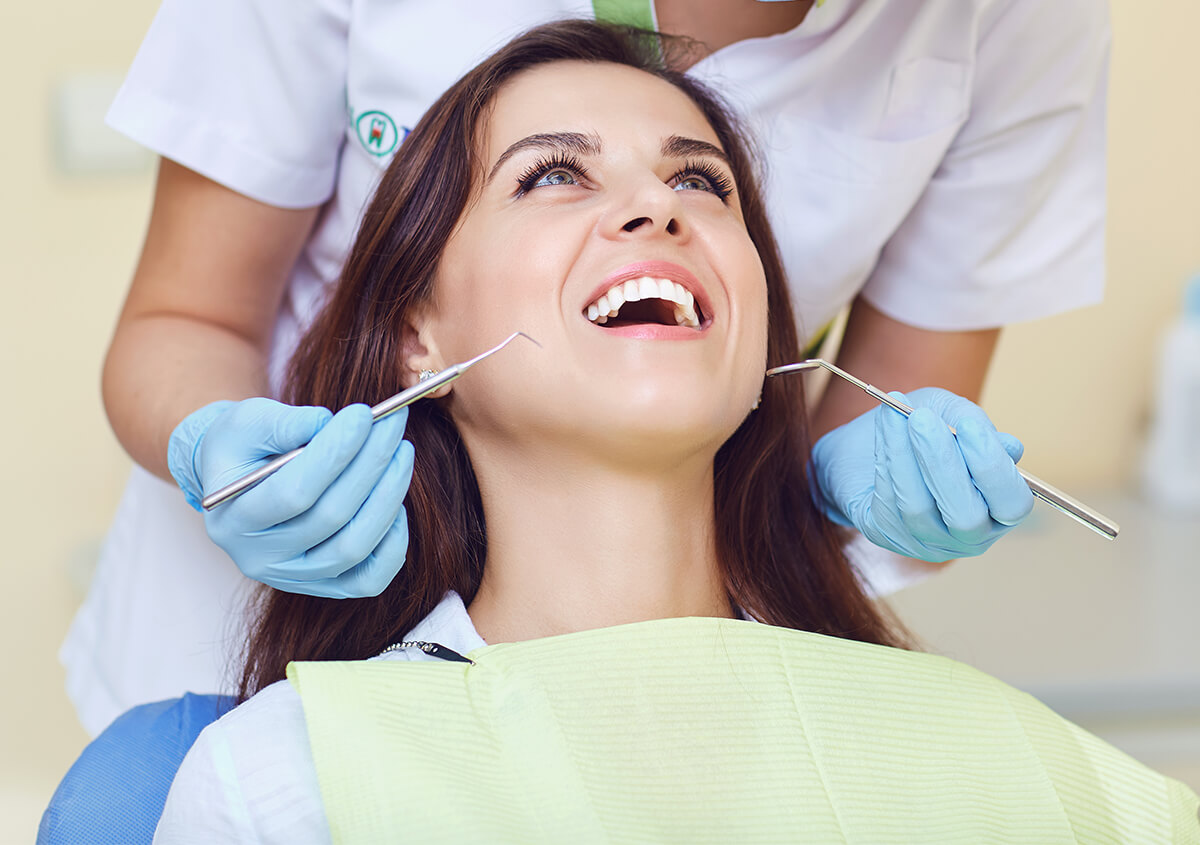Emergency dental care that you can trust; dentistry services to protect your smile and good health
Trust My Dental and Implants for the advanced dentistry and comprehensive services in Glendale, Arizona, to resolve toothaches and other debilitating symptoms of conditions such as dental decay in the near term. Our skilled and prompt emergency care further supports long-term health and an attractive appearance.
Web Stories
We encourage you to contact us immediately at (623) 526-2330. Our dentist, Dr. Nima Afzalian, is available every day of the week. We keep both earlier morning and later afternoon appointments. Additionally, we can accommodate urgent needs as quickly as possible. We appreciate that accidents arise, and chronic conditions tend to become unbearable during the most “inconvenient” of times, often after-hours or on weekends. Our team is here for you and can aid in getting you comfortable in the interim until we can see you in person at our office.
As you might imagine, dental emergencies take on a number of different forms. We have aided patients in getting out of pain and getting back on to a healthy path following:
- Injuries to the teeth and oral tissues while playing sports
- Knocked-out (avulsed) teeth as the result of falls or blows to the face
- Broken or fractured teeth, which may be caused by both acute trauma as well as chronic conditions (such as bruxism or teeth grinding and advanced dental decay)
- Deep inflammation or infection, which may require root canal therapy to preserve the tooth
- Cuts, lacerations, and persistent bleeding of oral tissues
- Dislodged or damaged dental restorations
- Abscesses or severe infections

It should be noted that abscesses are pockets of pus that form due to advanced bacterial infections. These infections can spread; they may travel deeply into the jaw, throat, and neck – or even to distant parts of the body. These complications require immediate medical attention. It is vital to seek emergency care ASAP if you are experiencing symptoms such as difficulty breathing and swallowing.
At My Dental and Implants, we are privileged to provide peace of mind to the individuals and families that we serve in Glendale, Arizona. Moreover, we work with our patients to minimize the risk of developing conditions that can lead to painful symptoms and potentially dangerous health complications. These preventive services include routine check-ups to catch problems like enamel erosion, decay, gingival inflammation, and gum disease early – before they threaten your wellbeing and the health of your mouth and body. Even custom mouthguards can help to reduce the risk of sustaining traumatic and costly oral injuries associated with contact sports.
Make sure all family members have our number handy … (623) 526-2330.









